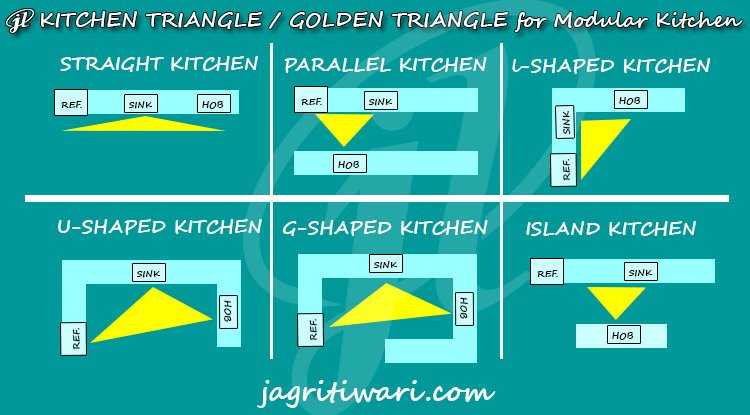The Best Kitchen Countertop Materials in India
Picking up a kitchen countertop can be an exciting opportunity to experiment either with tried-and-tested or offbeat materials. This post covers the best kitchen countertop materials in India to help you make the right choice.
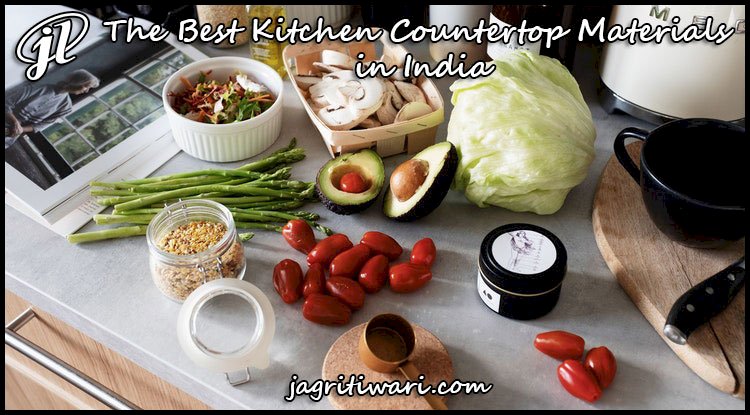
While designing or renovating kitchens, importance should be given to the type of countertop that is most suitable for your specific needs. Of course, it has to be beautiful, but it needs to match the other elements such as the flooring, cabinets and appliances. Additionally, it should be easy to clean, hardy and moisture resistant. So, what are the various options from which you can choose?
If you are the one who is planning to renovate your kitchen then this article will surely help you to choose your countertop material.
The Best Kitchen Countertop Materials in India
— Tried, Tested and Unique!
The reason Indian food tastes so good is because of the amount of work that goes into making it. But ask anyone who has ever cooked Indian curries and they will tell you all about the aftermath of cleaning the kitchen post a heavy meal. If you pick a lighter colour for the kitchen countertop, you might have to live with the stains for months and if you take metal, it might trap heat and make it unbearable to stand around. If you are stuck between wanting a good looking, modern Indian kitchen design and one that fits Indian cooking, then these options might be suitable for you.
1. Granite Kitchen Countertop Material
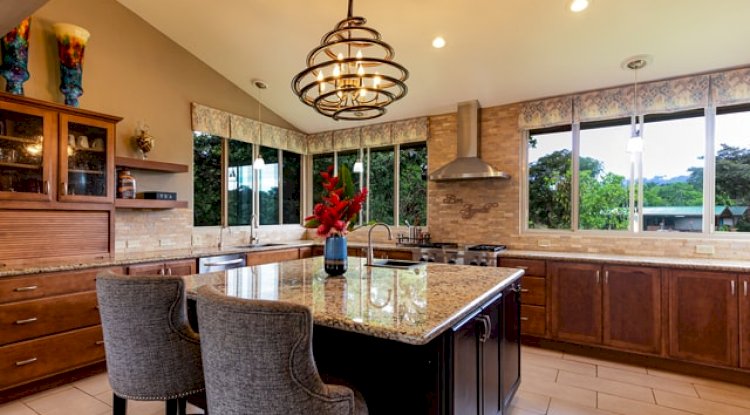
One of the hardest natural stones mined from the earth, which is then cut into slabs and polished before installation, granite is the go-to material in countertop options.
Pros:
- It’s super strong, heat-resistant and can stand up to extreme levels of wear and tear.
- Granite comes in a myriad natural colour (off-white, pink, black, green) and patterns (speckled, swirls, streaks, waves).
- The price varies, depending on colour, thickness and patterns, thus making it accessible to all.
Cons:
- Its natural variations in colour could work against it for those who like a consistent, uniform look. This also makes it harder to later replace a part of it with an exactly matching piece.
- Natural stones are porous; while granite is far less so than others, it still requires to be sealed at installation.
2. Quartz Kitchen Countertop Material
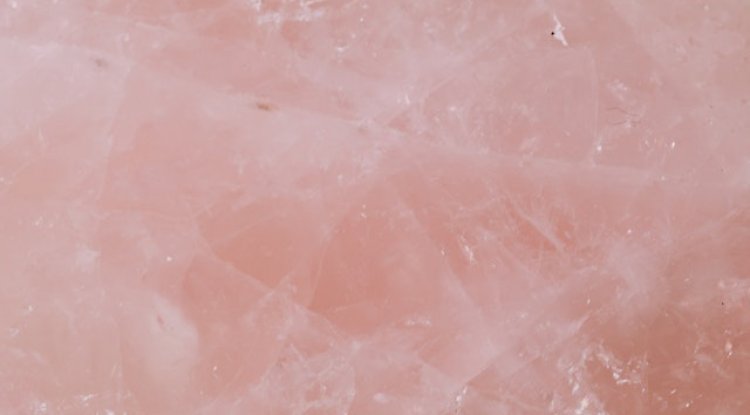
Quartz is another popular countertop that has been gracing Indian homes. It looks smooth, sleek and uber modern. You can easily play around with choices for your kitchen since they have a wide variety of colours. Quartz is non-porous, which means they don’t stain easily. You don’t have to worry about festering bacteria. On the other hand, a quartz countertop is not as resistant to heat when compared to granite.
Pros:
- Due to its unique composition, it is considered the most resistant to scratches and stains.
- It maintains its polish for a long time.
- Quartz is available in a large range of colours because of the pigments used.
- It is non-porous and does not require any sealing, thus offering a virtually maintenance-free work surface.
Cons:
- Quartz is not as resistant to heat as granite or concrete.
- It discolours over time if exposed to direct sunlight, although that would take several years.
- Though a man-made material, it is as expensive as natural stone or timber.
3. Marble Kitchen Countertop Material
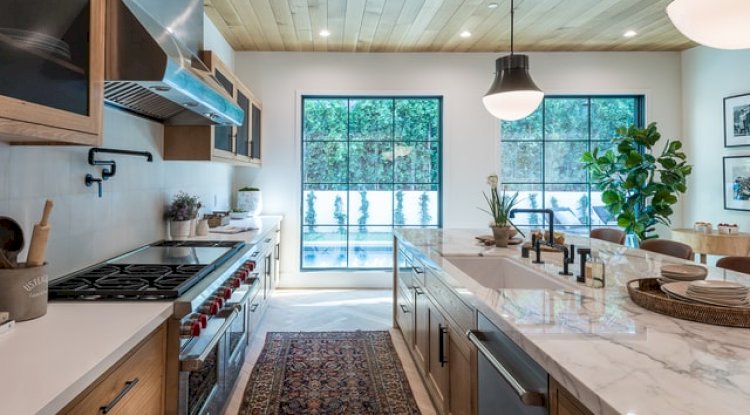
This material comes with a bit high maintenance factor. Marble countertops are softer in comparison to other materials, so you need to always use a chopping board to avoid scratches. Also, it is porous in nature which would mean any wine, coffee or tea spills would need an immediate clean-up.
Pros:
- Marble is another good heat-resistant material, which is a wonderful characteristic for kitchens.
- A marble kitchen platform stains easily as well—which isn’t ideal for Indian cooking that uses spices like turmeric regularly.
Cons
- Not only is it the most expensive material in the lot, but marble kitchen tops require polishing to maintain their sheen.
4. Concrete Kitchen Countertop Material
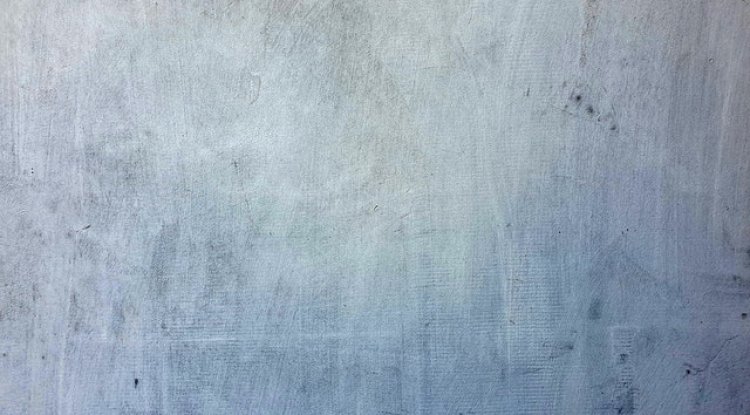
Concrete can be used as a kitchen countertop. Not to be confused with industrial concrete application, this special in-situ concrete solution looks refined when pigmented and polished (you can go for a rustic chic look as well).
Pros:
- Extremely hardy; heat- and scratch-resistant.
- Since concrete is laid on site, it can be customised as per requirement in structure, shape, colour, finish and texture.
- It has a uniform finish.
Cons:
- It is susceptible to cracks if not properly treated while being laid.
- It is relatively porous, so it must be regularly sealed.
- It cannot be pre-fabricated and must be poured on site.
5. Solid Surface Kitchen Countertop Material
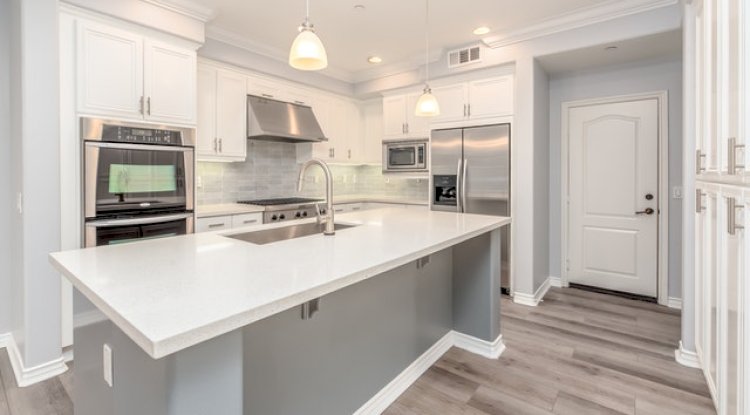
This man-made material consists of acrylic particles and resins that are pressed into solid sheets. Solid surfaces have become synonymous with the brand Corian made by DuPont, although there are several other (mostly) imported brands (LG, Samsung) in the market.
Pros:
- The seams are almost invisible, so it gives a smooth, uninterrupted look.
- Solid surface can be bent to any shape, as it is a malleable material. Hence, it is easy to integrate with sinks for a seamless appearance.
- It comes in a large variety of colours and patterns. Moreover, it can imitate other materials, such as marble and concrete.
- Any surface damage can be easily sanded out.
Cons:
- It is susceptible to damage from heat, such as hot utensils.
- It is easy to scratch and dent.
Which material would you choose for your kitchen counter? Answer in the comments.
What's Your Reaction?

















